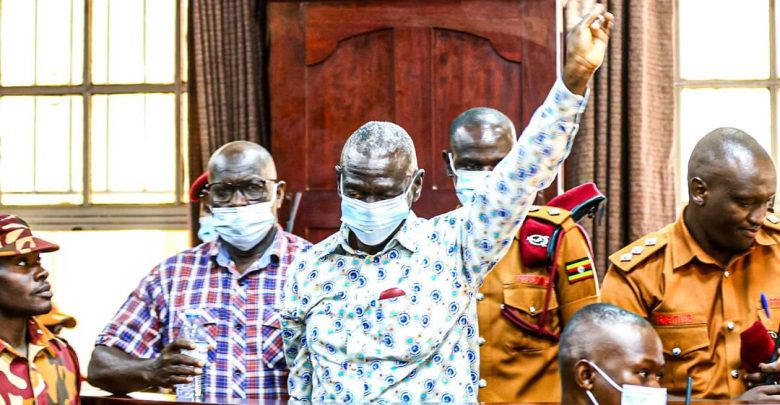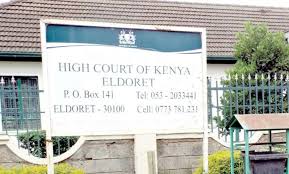KIGALI, Rwanda – Tensions are rising between Rwanda and the European Union following the rearrest of opposition leader Victoire Ingabire.
The Rwandan Parliament has strongly rejected the EU’s recent demand to release her, calling it interference in Rwanda’s internal affairs and a disrespect to its independent justice system.
Ingabire, a long-time opposition figure and former presidential candidate, was rearrested on June 19, 2025, at her home in Kigali. This follows her earlier presidential pardon in 2018, which cut short a 15-year prison sentence for crimes including conspiracy and minimizing the 1994 genocide.
She now faces new charges, including:
Forming a criminal group
Inciting public disorder
Spreading false information that damages Rwanda’s reputation abroad
Organizing unauthorized protests
Courts have twice denied her bail, saying she could interfere with ongoing investigations or mobilize public protests.
In a resolution passed on September 11, 2025, the European Parliament demanded that Ingabire be released unconditionally.
The EU accused Rwanda of cracking down on opposition voices, journalists, and civil society groups.
The resolution also reminded Kigali of a 2017 ruling by the African Court on Human and Peoples’ Rights, which found that Ingabire’s earlier trial violated international fair trial standards.
The EU urged its diplomats in Kigali to closely monitor Ingabire’s case and other human rights issues in Rwanda.
In response, the Rwandan Parliament passed its own resolution on September 15, stating that the country’s judiciary is independent and follows both national laws and international principles. Lawmakers said the EU was acting on biased and politically motivated information.
“This is an insult to the values of judicial independence and democracy,” the statement read.
The resolution emphasized that Rwanda operates under a multi-party political system, where all parties can operate freely, provided they meet legal requirements.
This disagreement comes at a time when Rwanda is playing a key role in regional peacekeeping, with troops deployed in Mozambique, the Central African Republic (CAR), and eastern DR Congo.
Analysts and diplomats warn that this dispute could strain relations between Kigali and Brussels, especially as the EU is one of Rwanda’s biggest development and financial partners.
The situation is being closely watched by regional observers, international human rights groups, and foreign aid donors, many of whom are urging for transparency and fairness in how Rwanda handles political dissent.



